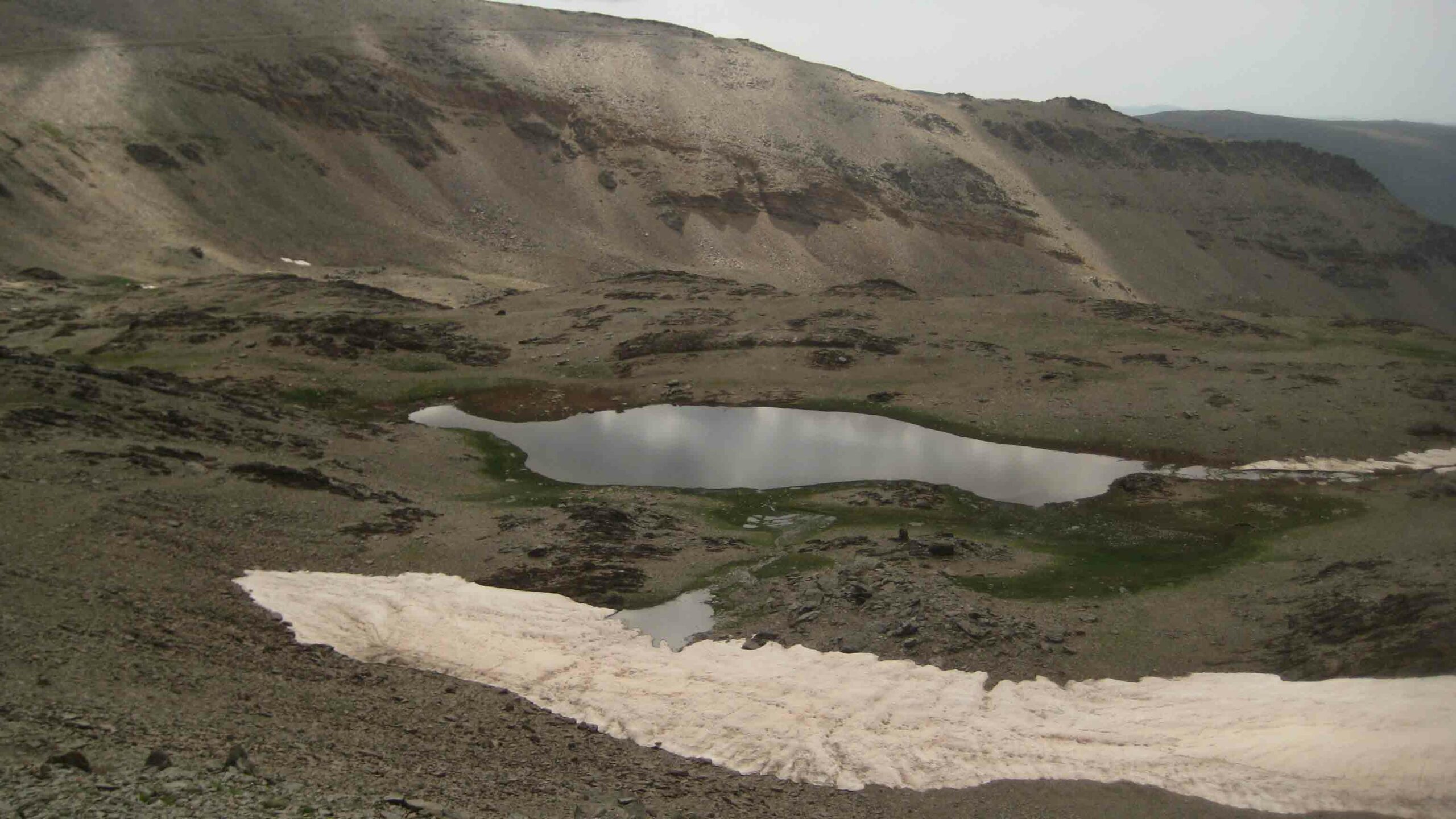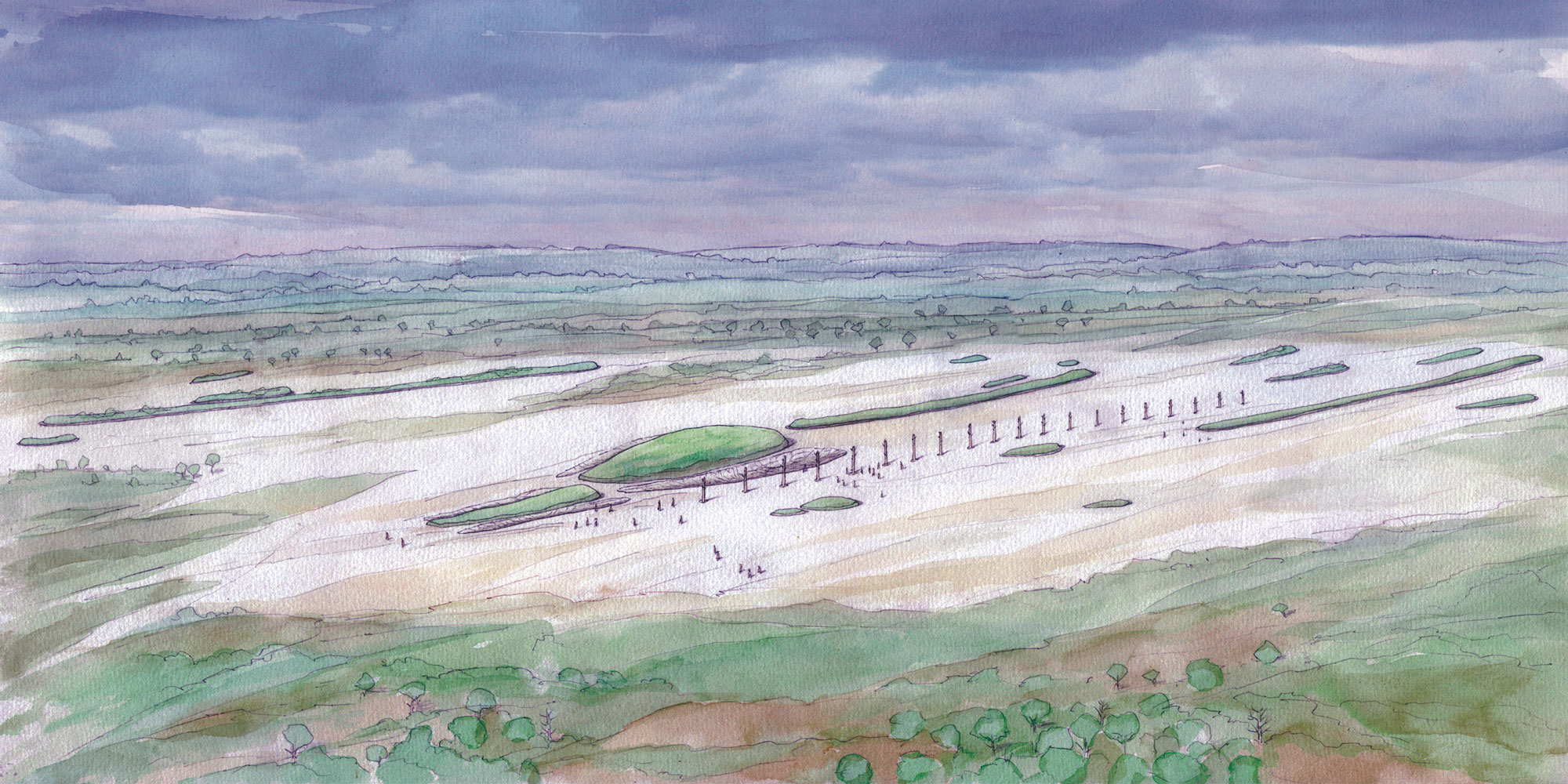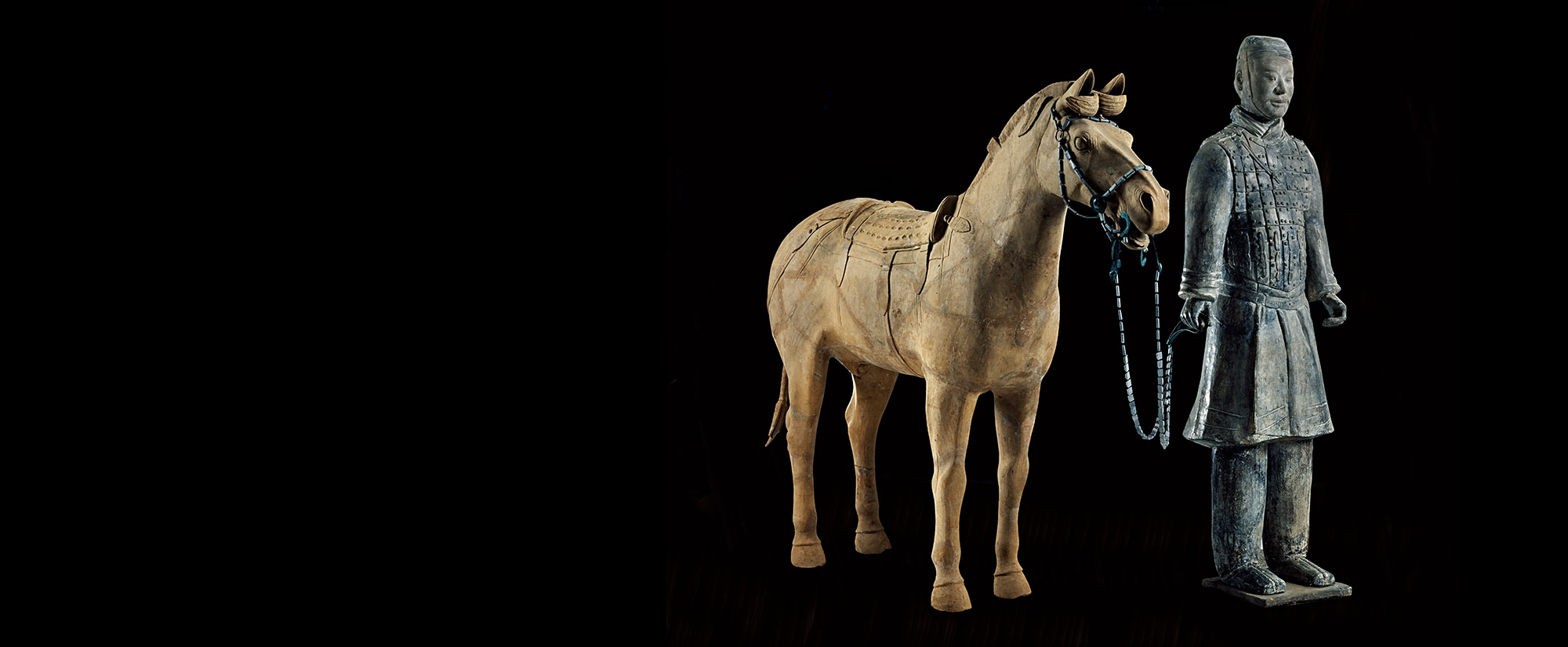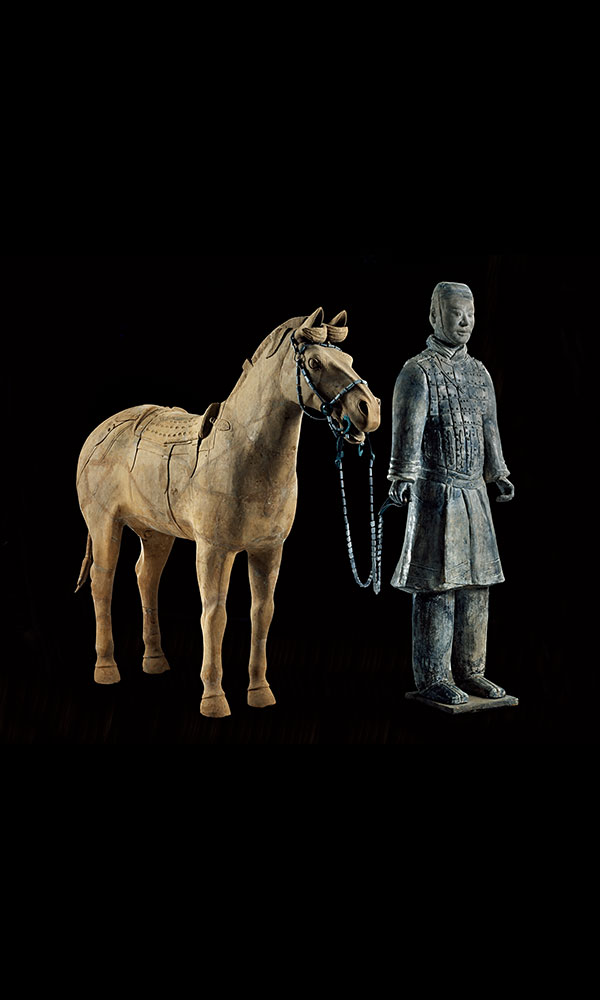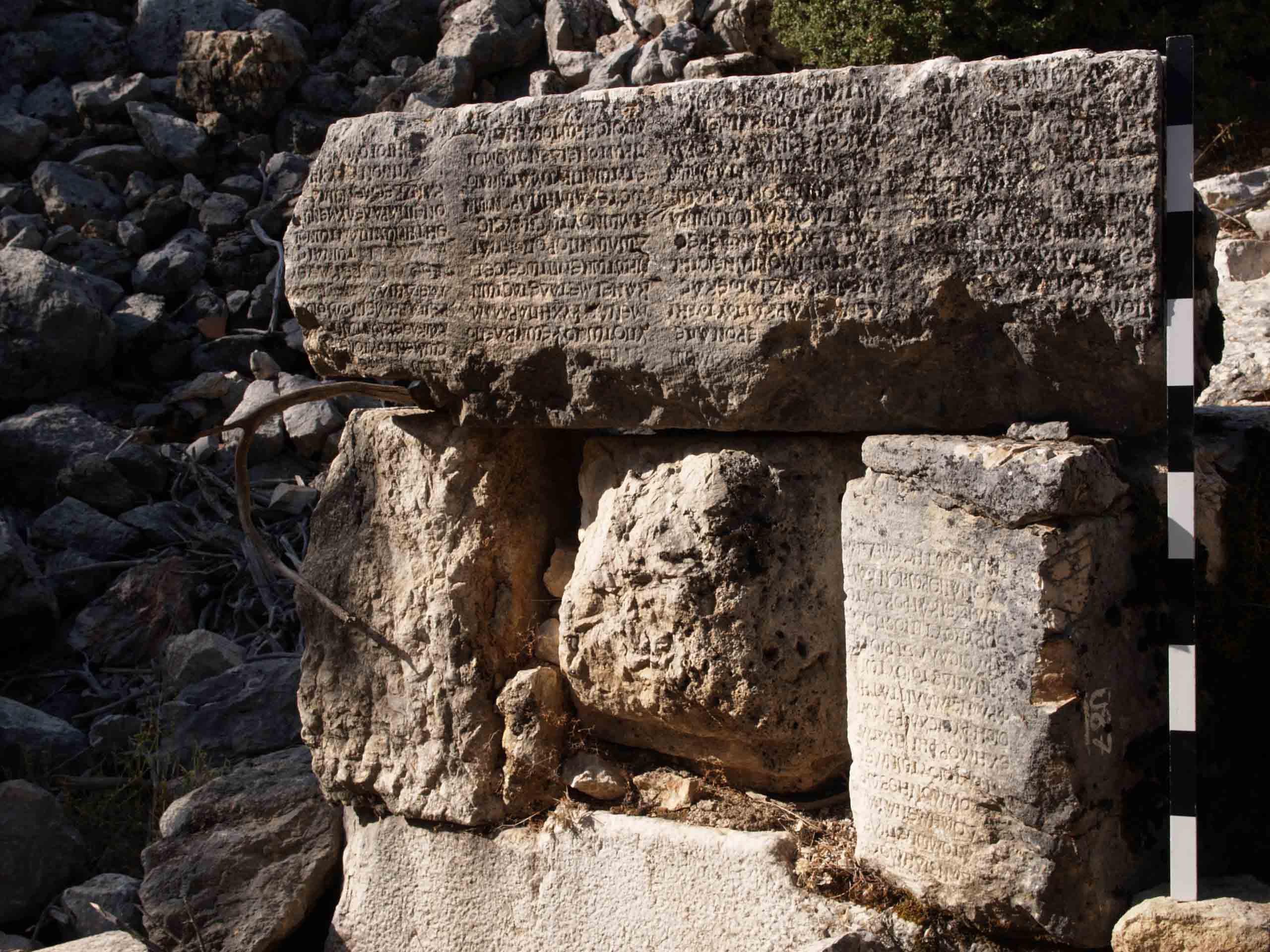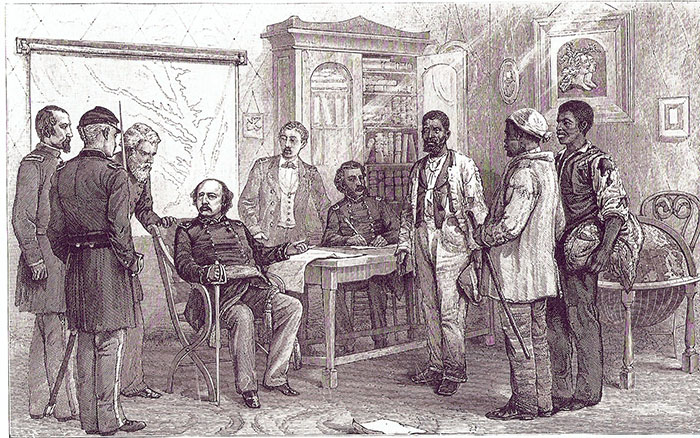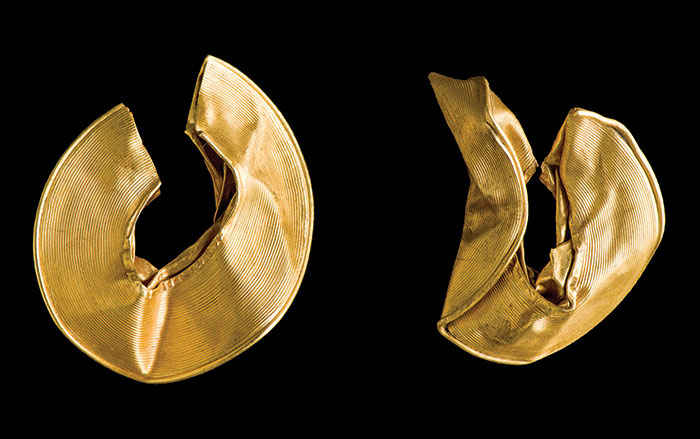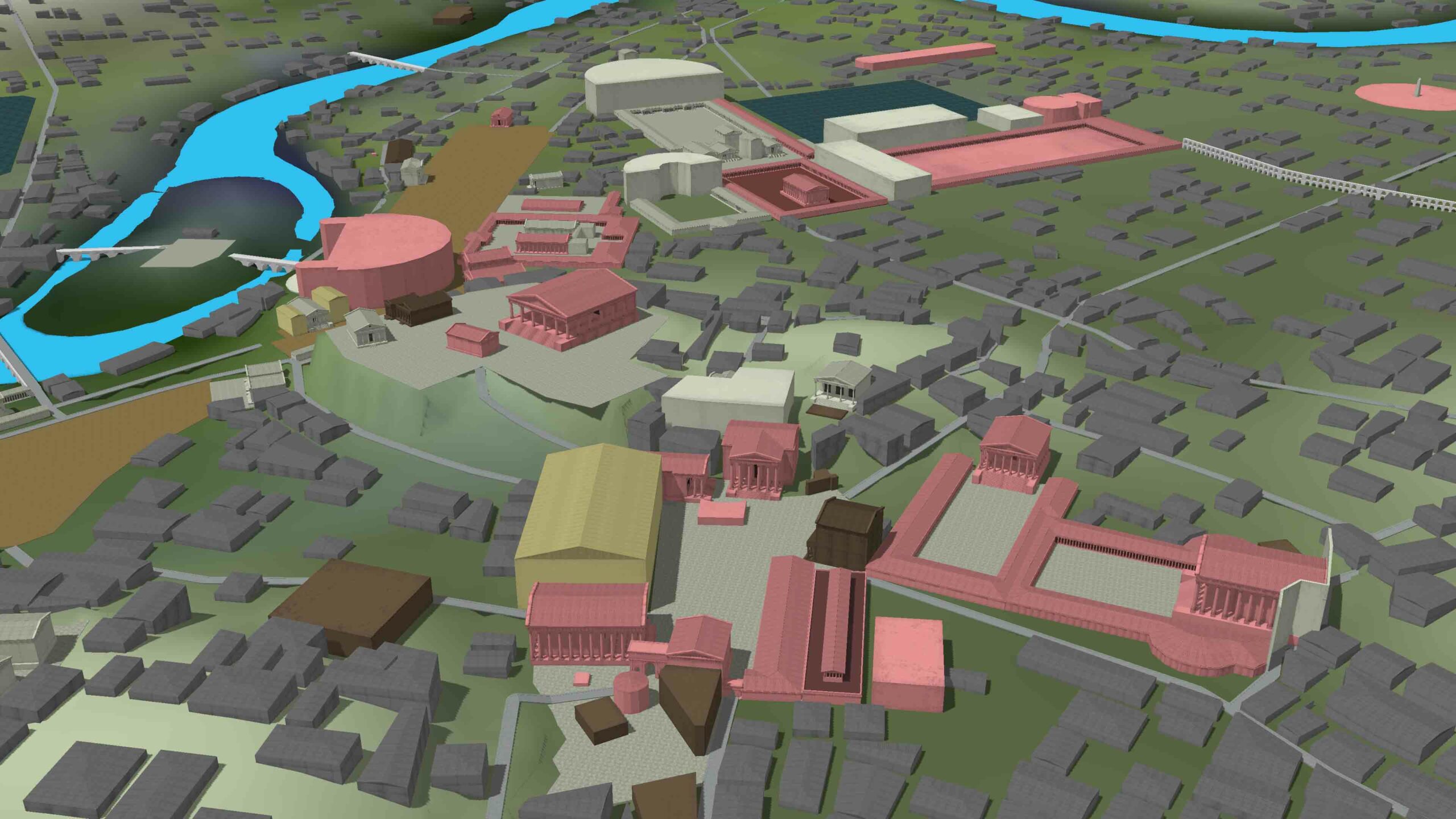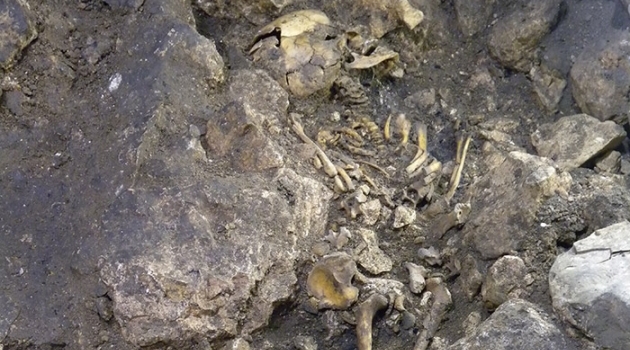
UPPSALA, SWEDEN—Today’s Basque populations are closely related to the earliest Iberian farmers, according to a genetic study conducted by an international team of researchers led by scientists from Uppsala University. The DNA samples were obtained from eight early Iberian farmers who lived between 3,500 and 5,500 years ago and whose remains were discovered in Spain’s El Portalón cave in Atapuerca. Like populations in central and northern Europe, the Iberian farmers had traveled from the south and mixed with local hunter-gatherer groups. “The genetic variation observed in modern-day Basques is significantly closer to the newly sequenced early farmers than to older Iberian hunter-gatherer samples,” Torsten Günther of Uppsala University told Red Orbit. “Parts of that early farmer population probably remained relatively isolated since then (which we can still see in the distinct culture and language of Basques) while other modern Iberians show signals of later historic events which makes them different from Basques,” he added. To read about the technology used by people of this period, go to "Neolithic Toolkit."



